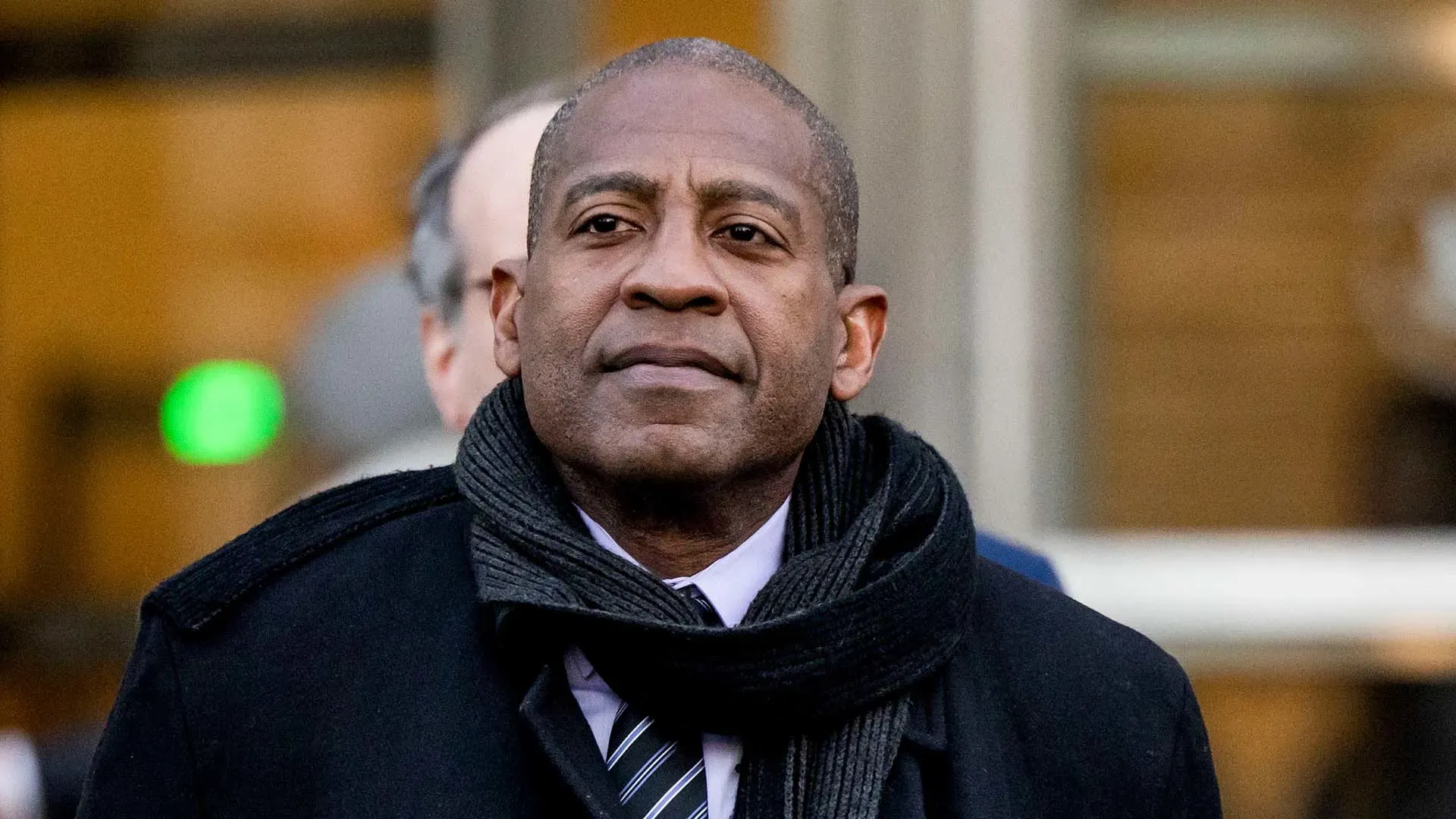Carlos Watson Sentenced: The Shocking Fall of Ozy Media’s Visionary Leader
In a dramatic conclusion to a tale of Silicon Valley deception, Carlos Watson, the once-celebrated founder of Ozy Media, has been sentenced to 116 months in federal prison for a complex web of financial fraud that shocked the media and tech industries. The sentencing, handed down by U.S. District Judge Eric R. Komitee in a Brooklyn federal court, marks the dramatic downfall of a media entrepreneur who once promised to revolutionize digital journalism.
The Rise and Spectacular Collapse
Watson’s journey from media innovator to convicted fraudster is a cautionary tale of ambition gone awry. Founded in 2012, Ozy Media initially positioned itself as a cutting-edge platform targeting millennial audiences, producing diverse content across multiple media formats. The company seemed poised for success, hosting events and creating content that appeared to be pushing media boundaries.
However, beneath the glossy exterior lay a systematic scheme of financial deception. Prosecutors revealed that Watson and his associates had orchestrated an elaborate fraud, deliberately misleading investors about the company’s financial health. The scale of the deception was breathtaking:
- Inflated revenue numbers
- Fabricated business relationships
- Forged contracts with fake signatures
- Impersonation of corporate executives
The Pivotal Moment of Exposure
The most infamous incident involved an Ozy executive impersonating a YouTube executive during an investor call, with Watson allegedly coaching him through the deception. This audacious move would ultimately contribute to the company’s unraveling, exposing the fragile facade of Ozy Media’s supposed success.
“This case demonstrates a blatant disregard for the law and the principles of American entrepreneurship,” said U.S. Attorney Breon Peace, emphasizing the severity of Watson’s actions.
Financial Implications and Losses
The financial toll of Watson’s fraud was substantial. Investigators documented actual investor losses exceeding $60 million, with potential total losses estimated in the hundreds of millions. The case has become a stark illustration of the “fake-it-’til-you-make-it” culture prevalent in startup ecosystems.
Watson’s Defense and Personal Narrative
Throughout the legal proceedings, Watson maintained a complex narrative. He claimed the financial struggles were typical of startups and characterized the prosecution as potentially racially motivated. During sentencing, he expressed remorse while simultaneously suggesting he had been unfairly targeted.
Interestingly, Watson highlighted his personal investment in Ozy, noting he had:
– Taken a modest salary
– Triple-mortgaged his home
– Invested significant personal resources
Broader Industry Implications
The case draws parallels to other high-profile tech fraud cases, such as Elizabeth Holmes’s Theranos scandal. It raises critical questions about accountability, investor due diligence, and the cultural narratives surrounding entrepreneurial risk-taking.
Legal Aftermath and Future Proceedings
Watson remains free on a $3 million bond until he is scheduled to surrender to prison on March 28, 2025. A February hearing will determine potential restitution payments, adding another chapter to this complex legal saga.
Conclusion: A Cautionary Tale
The sentencing of Carlos Watson represents more than just an individual’s downfall. It serves as a powerful reminder of the critical importance of transparency, ethical conduct, and genuine value creation in the modern business landscape.
The story of Ozy Media will likely be remembered as a watershed moment in discussions about startup culture, media entrepreneurship, and the consequences of systemic deception.
Word Count: 1,087






Leave a Comment